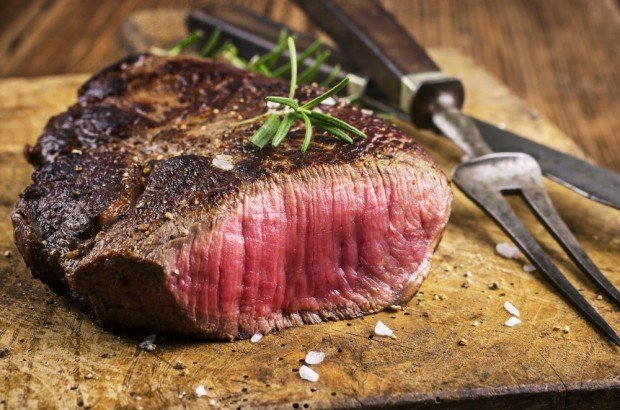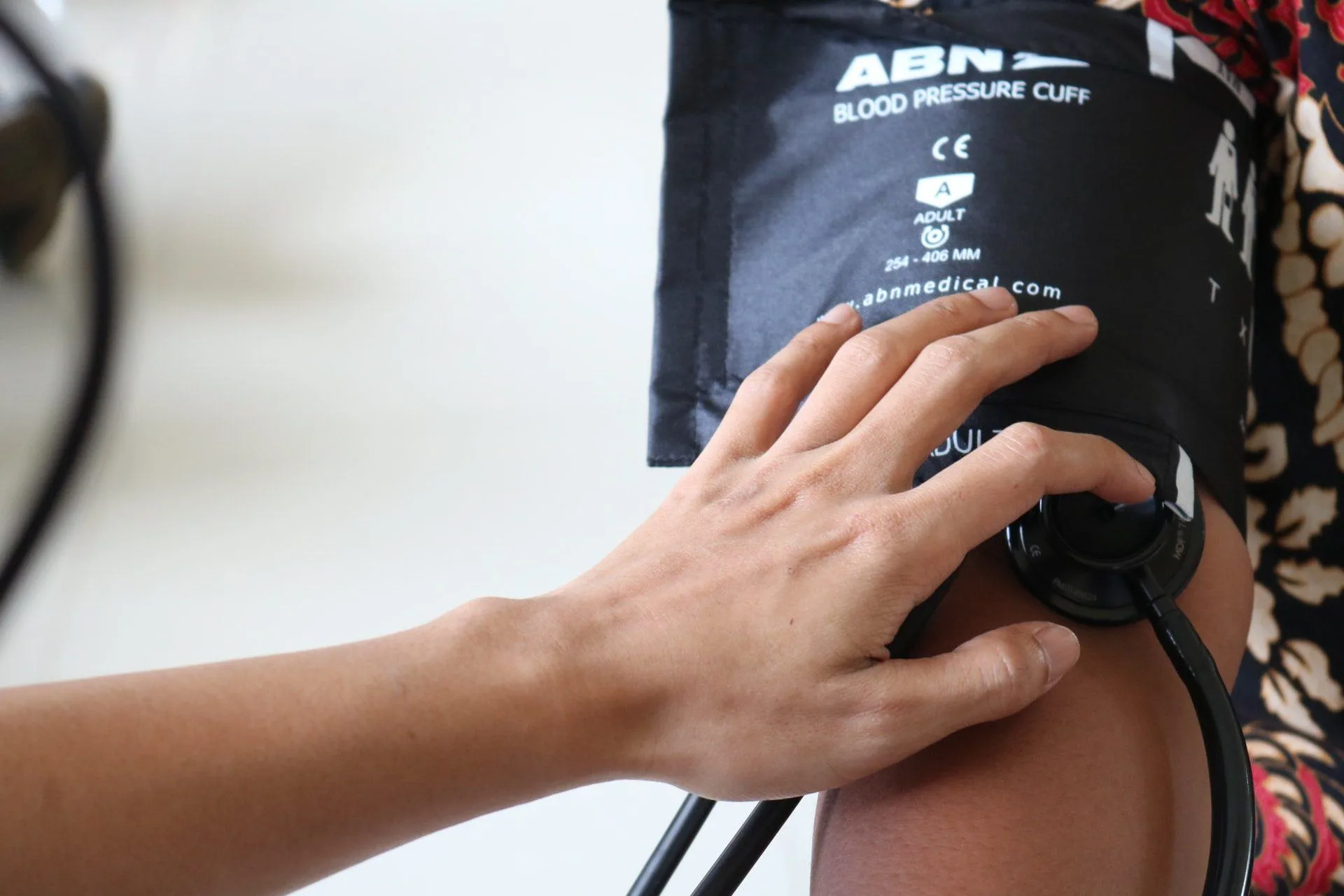High blood pressure, often known as hypertension, is a condition that is difficult to identify because it rarely causes symptoms. In light of this, untreated hypertension can cause major health complications. However, commitment, a healthy diet, and regular exercise can help you maintain a good blood pressure level.
A healthy diet plays an important role in treating high blood pressure. Likewise, you may be able to minimize the need to take medication by successfully controlling your blood pressure with a healthy diet.
Hypertension stats
According to research by the World Health Organisation (WHO), over 46% of adults with hypertension are unaware that they have the condition. With no warning signs or symptoms of being hypertensive, it is critical for blood pressure to be checked regularly.
Getting your blood pressure checked on a regular basis is the best way to determine if you require medication, just as being aware of the foods to avoid can help you reduce your risk of hypertension. If left untreated, hypertension can cause a heart attack, dementia, aneurysm, stroke, and kidney failure.
Five Foods To Beat Hypertension
Salt or sodium
Salt, or more specifically, the sodium in salt, is a leading cause of hypertension and heart disease, due to its effect on blood fluid balance. Your body retains additional fluid when you consume salt and raises your blood pressure by increasing blood volume and pressure in the arteries.
The minerals in leafy greens, including spinach, broccoli, kale, and collards, which are high in potassium, help the body eliminate salt through urine and relax blood vessel walls.
Red meat
The body’s metabolization of red meat may result in the production of compounds that increase blood pressure even further. The colour of the meat influences the likelihood of it raising blood pressure.

hlphoto/shutterstock
Beef, lamb, pork, veal, venison, and goat are examples of red meat that may raise blood pressure. As such, red meat should be consumed in moderation or leaner cuts should be used.
Processed foods with trans or saturated fat
To keep your heart healthy, limit saturated fats and avoid trans fats. Synthetic fats that enhance the shelf life and stability of packaged foods are known as trans fats. On the other hand, eating them elevates LDL (bad) cholesterol while lowering HDL (good) cholesterol, thereby raising the risk of hypertension.
LDL cholesterol clogs and hardens your arteries, increasing your risk of blood clots, heart attacks, and strokes. Some of the foods to avoid include fried foods, margarine, meat and dairy.
Alcohol
Excessive alcohol consumption might cause the muscles in your blood vessels to contract, making them narrower. When your blood arteries narrow, this puts pressure on the heart to work harder to circulate blood throughout your body, elevating your blood pressure.
The more alcohol you consume, the more likely you are to develop hypertension. Furthermore, alcohol consumption also contributes to overweight and obesity, which increases the risk of hypertension.
Sugar or sugar-sweetened beverages
Increased intake of sugar-sweetened beverages is linked to a higher risk of hypertension. While a sugary beverage now and then is good, consuming a lot of it might elevate blood pressure.

Photo by Masahiro Naruse on Unsplash
Many sugary drinks, such as sodas and fruit juices, include caffeine or high fructose corn syrup, both of which can increase blood pressure.
Bottom line
A balanced diet and smart food choices can make a big difference in managing and preventing hypertension. It is also important to exercise regularly and take any medications prescribed by your doctor.



![women [longevity live]](https://longevitylive.com/wp-content/uploads/2020/01/photo-of-women-walking-down-the-street-1116984-100x100.jpg)










